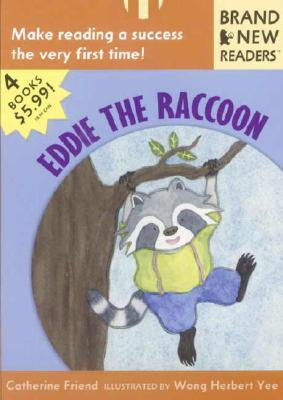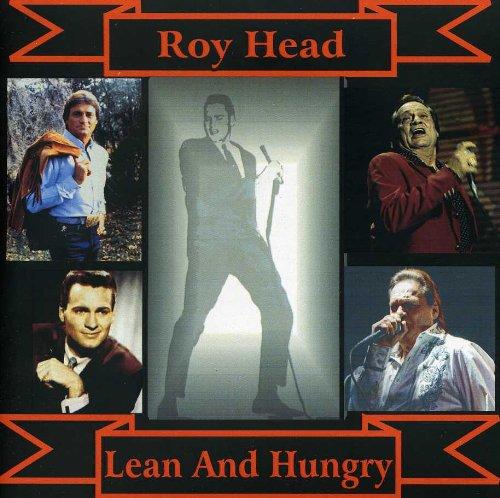
description
ptures the magic of America's return to normalcy after World War II in this intimate portrait of a city and the baseball team it loves. Fenway 1946 celebrates the city, the team, and the spirit of that wonderful 1946 season in Boston--a season, as usual, that broke fans' hearts--as America returned to return to peacetime pastimes. And none was more American than baseball. Along the way, Connelly brings out the stories and personalities that made that year so special in the Hub. For returning veterans like Ted Williams, young Congressman John F. Kennedy, and thousands of others and their families who worried while they were in Europe or the Pacific, the 1946 Red Sox season was a celebration. It was catharsis. It was what made America great. Husbands and sons were coming home to the open arms of a grateful nation. This included five hundred major leaguers who fought in World War II. The homecoming of America's best sparked a spirit of collective pride from coast to coast--and New England was not exempt. For the previous five years, America sat around its radio listening to war reports. Now they would gather in the parlors to enjoy baseball once again. Baseball had always been a thread that connected the country--a sport that linked generations. Opening Day 1946 was a tangible reminder that the country was at peace--back to the way things were. Nowhere was this more relevant than in Boston. From Scollay Square to South Boston to the North End, veterans in their uniforms, kids with bats over their shoulder, and housewives were talking about the return of Ted Williams and a roster that was considered the best in the league. Expectations were high--as always, at Fenway Park. Fans somehow knew this would be their year. The 1946 Boston Red Sox finished first in the American League with a record of 104 wins and 50 losses. And they wouldn't disappoint (until October).
member goods
No member items were found under this heading.
Return Policy
All sales are final
Shipping
No special shipping considerations available.
Shipping fees determined at checkout.







